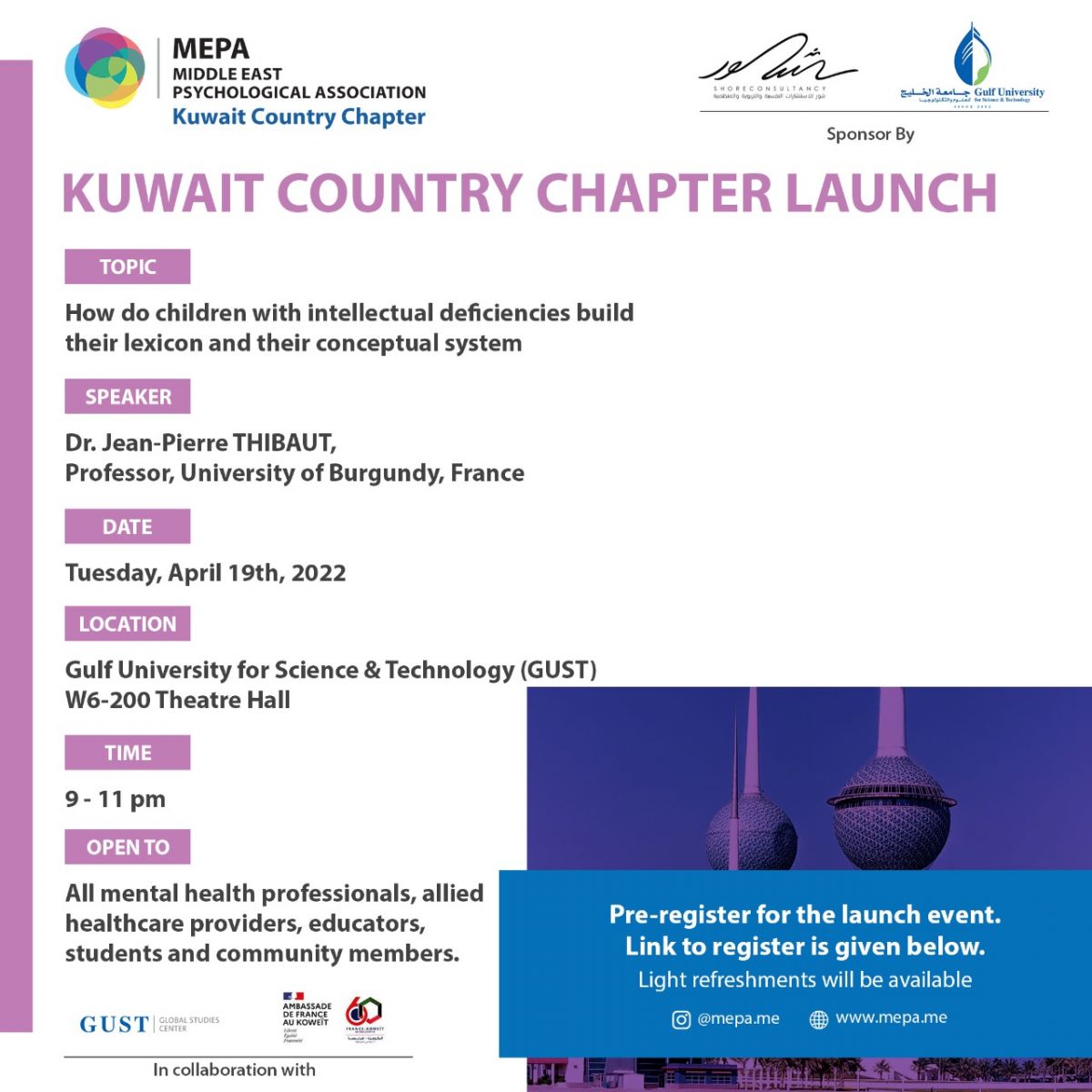Jean-Pierre Thibaut: How do Children with Intellectual Deficiencies Build their Lexicon and their Conceptual Systems?

In this talk, Prof. Thibaut will describe the developmental trajectories of children with intellectual disabilities of genetic origin and compare them to neurotypical children. The influence of chronological age and mental age on receptive and expressive aspects of the lexicon will be discussed, along with the dissociation between the difficulties in learning abstract and complex concepts (such as those related to space or time) compared to the availability of the basic vocabulary (names of objects or familiar people). In addition, the Inter-syndromic variability by comparing the developmental trajectories of people with Down's syndrome and those with Williams syndrome will also be discussed. In a second part, he will discuss the nature of the acquisition of the first words and concepts as well as what authors refer to as the strategies and principles of lexical acquisition. He will compare the lexical profile of children with Down syndrome and children with Williams syndrome to the one of neurotypical children.
This event is organized by the Kuwait Chapter of the Middle East Psychological Association in cooperation with the French Embassy and the GUST GLobal Studies Center.

Jean-Pierre Thibaut is professor of developmental psychology at the University of Bourgogne, Dijon, France. Jean-Pierre Thibaut graduated in Psychology at the University of Liège (Belgium). Since then, he has been working in the field of psychology, as a teacher (developmental psychology) and as a researcher. He started his career in Liège Belgium. In 2003, he was recruited at the University of Poitiers as a professor. Since 2008, he has been professor at the University of Bourgogne. He is an expert in Children's comprehension of analogies and conceptual relation, in Children's naive conceptions about nutrition and related notions and in Lexical and conceptual development: learning and generalizing novel names for unfamiliar objects.

